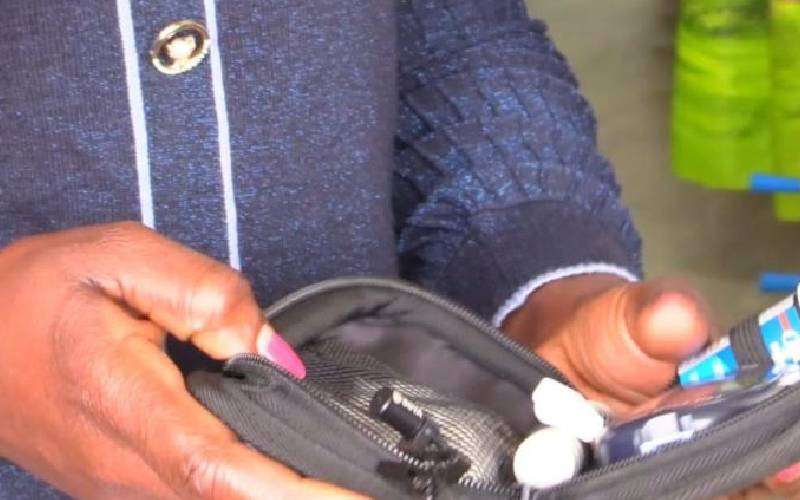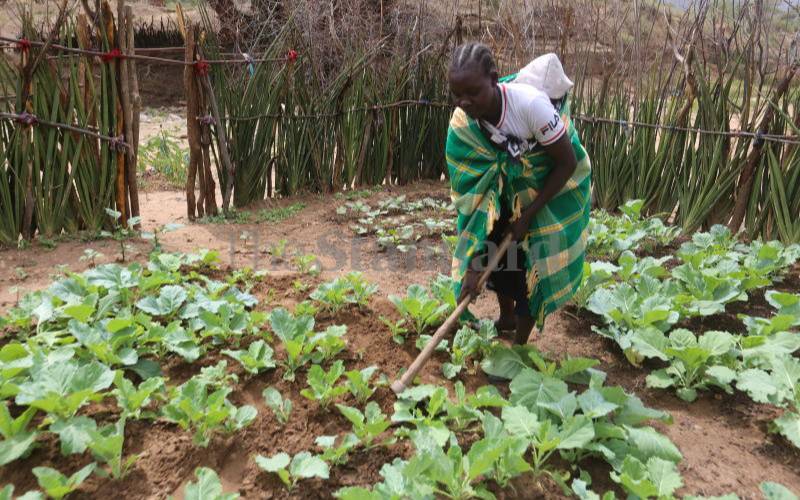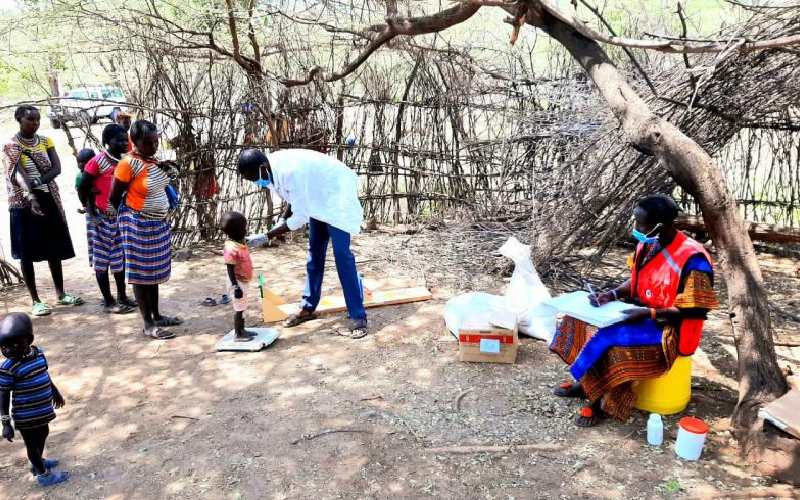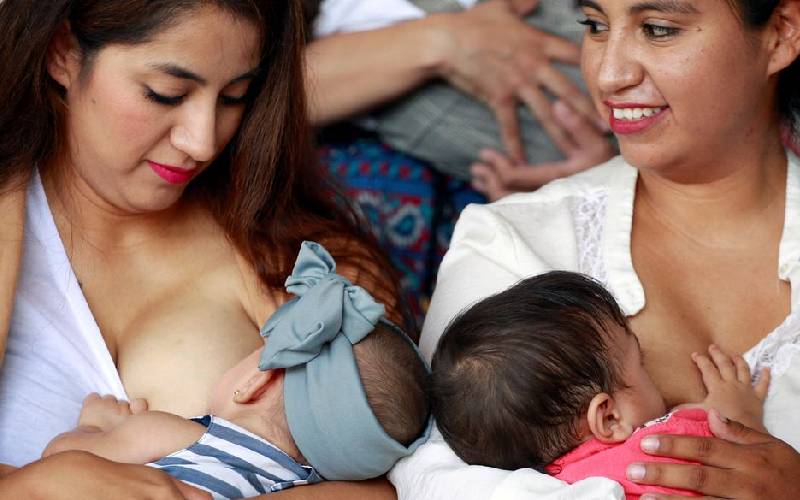
Andrew Mutua is a seven-year-old boy in Machakos County who was diagnosed with Type 1 diabetes at the age of two.
His mother, Josephine, was devastated after the diagnosis since the family had no history of diabetes.
She says the boy begun showing signs of frequent thirst, was frequently urinating, had body weakness and was easily irritable.
Facts First
Unlock bold, fearless reporting, exclusive stories, investigations, and in-depth analysis with The Standard INSiDER subscription.
Already have an account? Login
 The Standard Group Plc is a multi-media organization with investments in media
platforms spanning newspaper print
operations, television, radio broadcasting, digital and online services. The
Standard Group is recognized as a
leading multi-media house in Kenya with a key influence in matters of national
and international interest.
The Standard Group Plc is a multi-media organization with investments in media
platforms spanning newspaper print
operations, television, radio broadcasting, digital and online services. The
Standard Group is recognized as a
leading multi-media house in Kenya with a key influence in matters of national
and international interest.











